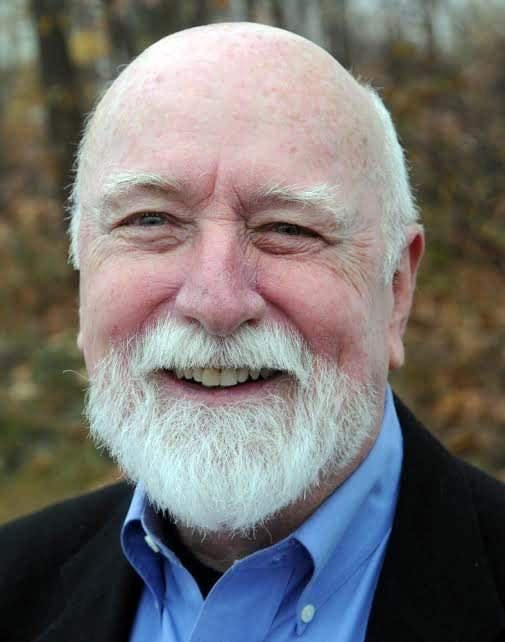The Observer: The comedy of the commons
What makes a community great? Is it the physical environment: clean air, pure water, uncontaminated soils? Is it good schools, well-cared for parks and roadways, ample recreation programs? Is it high standards of public safety, a low crime rate, honest and efficient government? Or is it an engaged citizenry?
Call me a foolish booster but I think York is a great community. I rate it first among all the places I’ve ever lived. Whenever I see one of those lists reporting on the best small towns in America (or New England or Maine) I halfway expect to see York included. When I don’t see that, I’m kind of glad. It is still our little secret.

I have been thinking about what makes a town great and have concluded that the best indicator of a community’s greatness is having a healthy commons. Let me explain. The term “commons” is generally well understood in New England because many towns in the region contain open spaces near their town centers that were commonly available for things like livestock grazing or public assembly.
The concept of the commons, however, is bigger than any formally designated common patch. It also includes shared environmental resources: forests and beaches, oceans and the fish stocks inhabiting them, the air and the atmosphere.
The Observer: Are you happy? A look at the meaning of happiness
I actually think it is useful to expand the notion of “commons” as widely as possible; to include everything the citizens of a place hold in common. The culture of a town, for example, is part of the town’s common wealth even though it is not environmental or even physical.
Before going further let me elaborate on the idea of “the commons.” As a starting point, I recall a 1968 Science magazine article called “The Tragedy of the Commons” by ecologist Garrett Hardin. I’ve been thinking about Hardin and what the tragedy of the commons means fifty-four years after he wrote about it.
The Observer: Two roads diverged in a yellow wood
You might have encountered this essay somewhere because it’s been reprinted so many times in so many places. Hardin’s article centers on the idea of how — when the commons is exploited for personal gain — it will be overgrazed, overused, damaged and ultimately destroyed.
Hardin says: “Ruin is the destination toward which all men rush, each pursuing his own best interest in a society that believes in the freedom of the commons.” When people are focused on their personal freedom and ignorant of the ways in which their actions impact others, the quality of the commons is threatened.
The protection of the commons is one of the purposes of local government. Great towns are clear about protecting their commons.
In order to make the commons available for future users, regulations are developed. York’s beach regulations, the carry-in/carry-out trash policy, for example, were adopted to preserve our commons. Some people complain about having to remove their own trash but regulations like this help prevent commons’ tragedies and promote the common good.
The opposite of a tragedy is a comedy.
Comedies are not always funny, but they generally do have happy endings. When people recognize that their actions affect others, the result is what I’ll call a civic comedy. The “comedy” of the commons hinges on broad civic involvement; an active citizenry.
Civic engagement is the best way to prevent the loss of commons.
The Observer: From apathy to sympathy to empathy
If you don’t vote, are not involved with the schools (as a parent or mentor), not serving on any town boards and committees or not participating in churches or civic organizations, then you will not experience York’s greatness. Unless you are engaged in advancing our “common wealth” you will not see the community in its fullness. When people’s purview is limited to their own home, their own street, their private lives, they encourage the tragedy (not the comedy) of the commons.
The best way to prevent the degradation and eventual destruction of the commons is to be engaged in the life of the town.
There are many ways to do this via municipal boards and committees. Membership on some, like the Select Board, Budget Committee and School Board, is by election. Others, like the Conservation Commission, Energy Steering Committee, and Parks and Recreation Board are appointed. Many of these have vacancies. Beyond the municipal entities, York has active Democratic and Republican town committees and numerous other non-profits also needing your participation.
There are many ways to protect York’s “commons.”
Maybe it’s time to play your part.
Ron McAllister is a sociologist and writer who lives in York.
This article originally appeared on Portsmouth Herald: The Observer: The comedy of the commons
